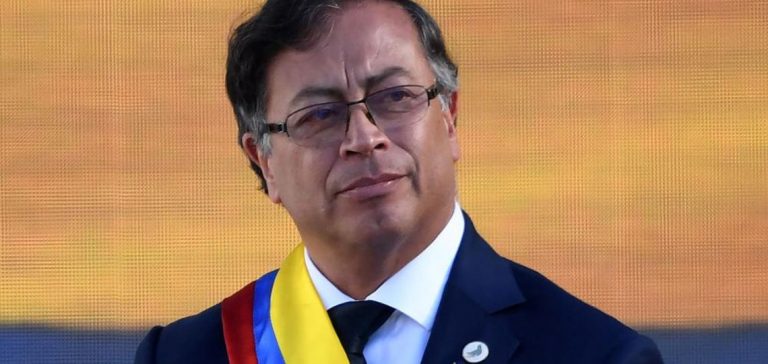Colombia is resolutely committing to its energy transition by announcing a financing plan valued at $40 billion. This program, considered one of the most advanced in the world, aims to diversify the national economy and reduce the country’s dependence on fossil fuels such as oil and coal. The Minister of Environment, Susana Muhamad, emphasized that this investment portfolio marks a shift from rhetoric to concrete action in terms of decarbonization.
This plan includes megaprojects focused on sustainable tourism, low-carbon industries, and climate change adaptation, notably through the electrification of transportation. The objective is to attract international investors and partners committed to environmental protection. During the “Economies for Life” forum organized in Barranquilla, seven ministries of President Gustavo Petro’s leftist government will present 20 projects in hopes of securing at least $10 billion in international funding.
At the Forefront of the Debate
According to Mrs. Muhamad, this roadmap aims to generate new economic sectors that diversify the Colombian economy while reducing its dependence on oil and coal exports. She also highlighted Colombia’s biodiversity richness, with ecosystems such as the Amazon and paramos at the heart of conservation and restoration efforts. The government aims to reduce greenhouse gas emissions by 51% by 2030, in addition to promoting a low-carbon and resilient economy.
This plan will be presented at COP16 on biodiversity in Cali, where Colombia will seek global funding for its initiatives. During her visit to the United Nations headquarters last week in New York, Mrs. Muhamad explained that the energy transition plan, “one of the most advanced in the world” and “at the forefront of the debate,” is inspired by the “Just Energy Transition Partnerships (JETP).” This relatively new financing mechanism aims to accelerate the transition to clean energy in developing countries. In recent years, South Africa, Vietnam, Indonesia, and Senegal have benefited from it.
Unlike the JETP, the Colombian plan adopts a more multilateral approach, involving development banks more extensively both financially and in technical expertise. Colombia already benefits from financial support from the United Kingdom, Canada, Germany, and the European Union, as well as from the Inter-American Development Bank, according to Mrs. Muhamad.
Lots of Oil
Despite these initiatives, Colombia continues to heavily depend on hydrocarbons. The state-owned company Ecopetrol, the country’s largest employer with 33,000 employees, is encouraged by President Petro to shift towards renewable energy. This policy has drawn criticism from the conservative opposition and sector unions, who advocate for a more gradual transition to preserve the country’s economic security.
The hydrocarbons sector accounts for 2.8% of Colombia’s GDP and is one of the main export products, with oil, its derivatives, and coal representing 52.3% of the country’s total exports in 2023. The Colombian Association of Petroleum and Gas (ACP) has warned that the current strategy could compromise Colombia’s energy self-sufficiency, necessitating increased imports, particularly from Venezuela. Furthermore, the country’s oil and gas reserves are declining, decreasing from 7.5 to 7.1 years of oil self-sufficiency between 2022 and 2023, and from 7.2 to 6.1 years for gas.
Economic Impacts
The ACP also indicated that President Petro’s policy could result in an economic loss of approximately $10 billion between 2027 and 2035. This outlook raises concerns about the long-term economic viability of Colombia’s energy transition, despite the ambitious goals of emission reductions and the preservation of natural ecosystems.
Future Prospects
The success of the energy transition plan will largely depend on Colombia’s ability to attract the necessary investments and navigate internal economic and political challenges. Support already demonstrated by countries such as the United Kingdom, Canada, Germany, and the European Union, as well as by the Inter-American Development Bank, will be crucial for the effective implementation of this plan. The active participation of these international partners could facilitate the transition to a greener and more sustainable economy while ensuring economic stability for the country.





















